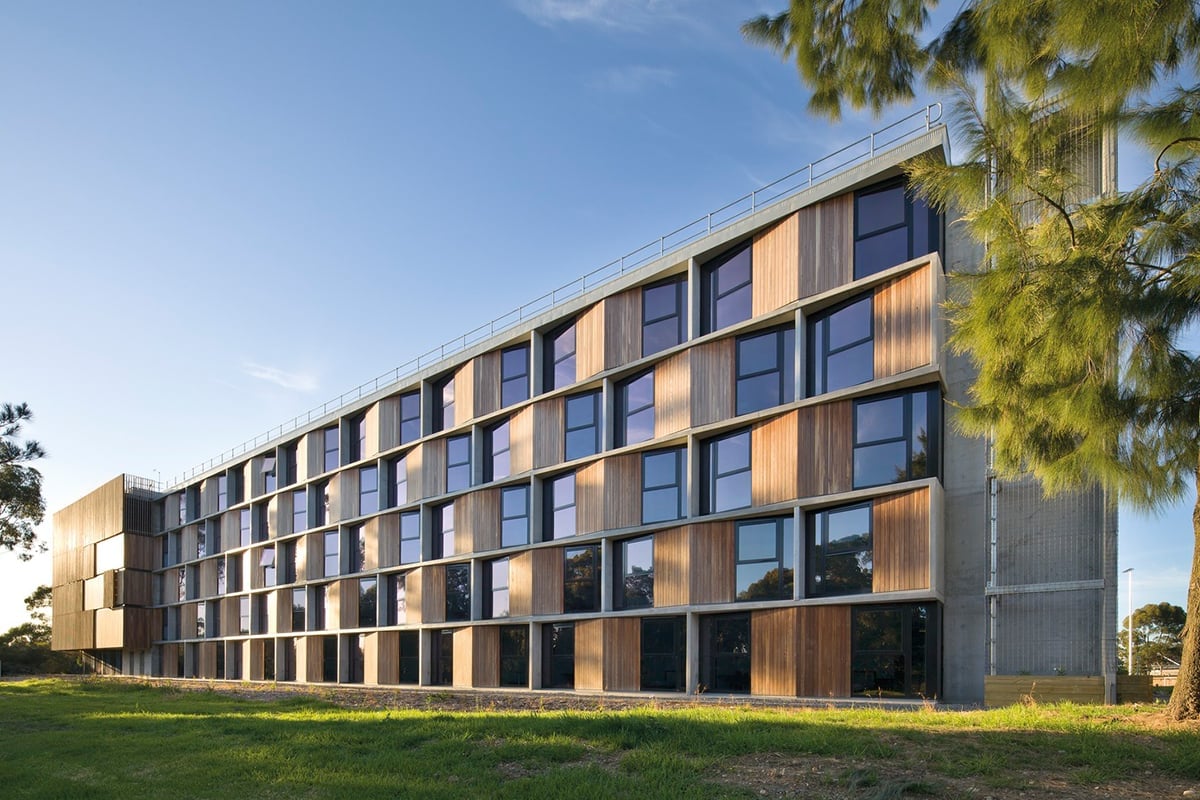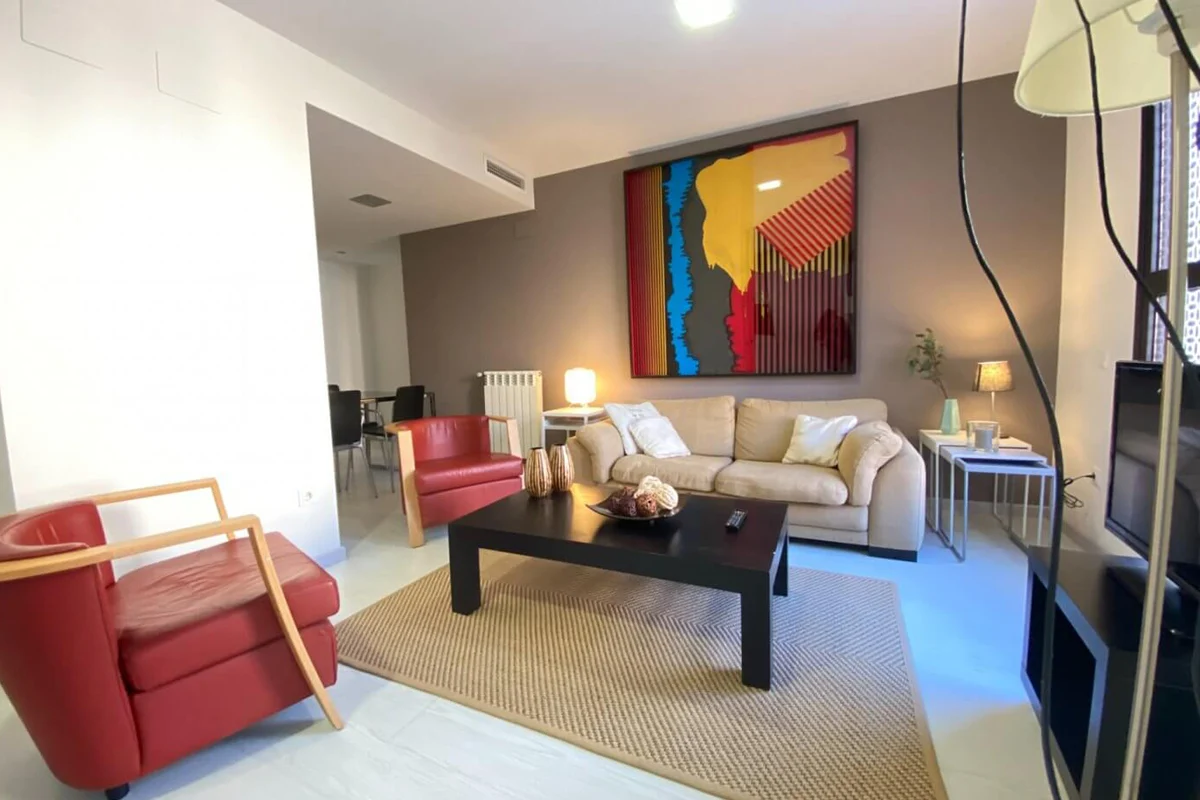Turnkey relocation to Spain from 6 weeks
We will help you to obtain a Spanish residence permit for the whole family with a minimum tax burden!
Read more
Get a free consultation
From 0 €
Tax burden per month
From 6 weeks
Term for obtaining a residence permit
5 years
Until permanent residence permit


Student Accommodation in Spain

Student accommodation in Spain includes apartments, individual rooms (which may be rented individually or as part of a shared rental), and dormitories. Not all universities have dormitories. Student apartments are usually equipped with shared bathrooms and kitchens, and each has several single-occupancy rooms. Students may also choose to live with a host family. Each student must decide which housing option suits them best.
 The main types of student housing discussed below are:
The main types of student housing discussed below are:
 Students can rent apartments that vary in terms of comfort, furnishings, and decor. These generally include essential appliances, beds, and wardrobes, and offer more space than dormitories. Students are not dependent on university administration and can choose the neighborhood themselves. However, renting an apartment is usually more expensive and requires students to manage the household on their own.
Students can rent apartments that vary in terms of comfort, furnishings, and decor. These generally include essential appliances, beds, and wardrobes, and offer more space than dormitories. Students are not dependent on university administration and can choose the neighborhood themselves. However, renting an apartment is usually more expensive and requires students to manage the household on their own.
 Even students with limited language skills should start communicating with peers immediately. It’s important to make friends and participate in local events. To improve language skills, students should attend language courses and engage with locals for practice. Getting involved in student clubs, cultural events, and social activities helps build a support network. During their stay, students should ensure their personal safety, have medical insurance, and use available healthcare services.
Even students with limited language skills should start communicating with peers immediately. It’s important to make friends and participate in local events. To improve language skills, students should attend language courses and engage with locals for practice. Getting involved in student clubs, cultural events, and social activities helps build a support network. During their stay, students should ensure their personal safety, have medical insurance, and use available healthcare services.
Go back to the blog
Types of Student Housing
 The main types of student housing discussed below are:
The main types of student housing discussed below are:
- Dormitories (Residencias Universitarias)
- Apartments
- Homestays
Dormitories (Residencias Universitarias):
When deciding where to live in Spain, it’s important to consider whether the university is public or private. In Catalonia, for example, the Universitat de Barcelona has dormitories in various parts of the region, costing around €1000 per month. Other universities offer similar prices, though accommodation is often arranged through special agencies. The private Universitat de Salamanca offers self-catered housing from €500, and housing with meals included from €700. One of the country’s leading institutions, Universidad de Deusto, charges approximately €1100 per month. Prices in the south of Spain are roughly the same as in Catalonia. Dormitories typically include leisure and entertainment areas, and rooms are available for single or shared occupancy. Advantages:- Proximity to the university
- Comfortable facilities
- Social life
- House rules and restrictions
- Limited personal space
Apartment Rentals
 Students can rent apartments that vary in terms of comfort, furnishings, and decor. These generally include essential appliances, beds, and wardrobes, and offer more space than dormitories. Students are not dependent on university administration and can choose the neighborhood themselves. However, renting an apartment is usually more expensive and requires students to manage the household on their own.
Students can rent apartments that vary in terms of comfort, furnishings, and decor. These generally include essential appliances, beds, and wardrobes, and offer more space than dormitories. Students are not dependent on university administration and can choose the neighborhood themselves. However, renting an apartment is usually more expensive and requires students to manage the household on their own.
Homestays (Living with a Family):
Students can arrange to live with a host family through a university representative. This option provides immersion in local culture and language practice. Some services are usually included in the price. Living with a family offers less independence and requires students to adapt to the host family's household rules during their stay.Shared Apartments:
Besides renting alone, students can share apartments with others. This option allows interaction with students from different countries, more control over roommate selection, and shared costs. Like in dormitories, shared apartments promote a social lifestyle. However, conflicts may arise due to shared responsibilities and limited space.Finding and Renting Housing
When considering where students live in Spain, it’s important to understand the housing search process. Accommodation can be found through:- University resources
- Online platforms
- Real estate agencies
- Personal contacts
- A passport
- A student ID
- Proof of financial means
Housing Costs and Additional Expenses
Two weeks in an apartment in Barcelona can cost from €330 per person. In cities like Cádiz or Salamanca, rooms for individual student use start from €220. In Valencia, monthly room rentals begin around €500. Dormitory costs typically range from €800 to €1600 per month. Host families in Madrid and Barcelona charge €500 or more for two weeks, while in Alicante, it starts at €390 with meals included. Without meals, prices may be €100–150 lower.Living Conditions and Amenities
Spanish dormitories typically provide access to shared kitchens, gyms, laundry rooms, and study areas. Rented apartments usually offer:- Furnishings
- Internet access
- Household appliances (including a microwave and TV)
Tips for Adapting to Life in Spain
 Even students with limited language skills should start communicating with peers immediately. It’s important to make friends and participate in local events. To improve language skills, students should attend language courses and engage with locals for practice. Getting involved in student clubs, cultural events, and social activities helps build a support network. During their stay, students should ensure their personal safety, have medical insurance, and use available healthcare services.
Even students with limited language skills should start communicating with peers immediately. It’s important to make friends and participate in local events. To improve language skills, students should attend language courses and engage with locals for practice. Getting involved in student clubs, cultural events, and social activities helps build a support network. During their stay, students should ensure their personal safety, have medical insurance, and use available healthcare services.


 11/05/2025
11/05/2025  Reading time: 4 min
Reading time: 4 min 





